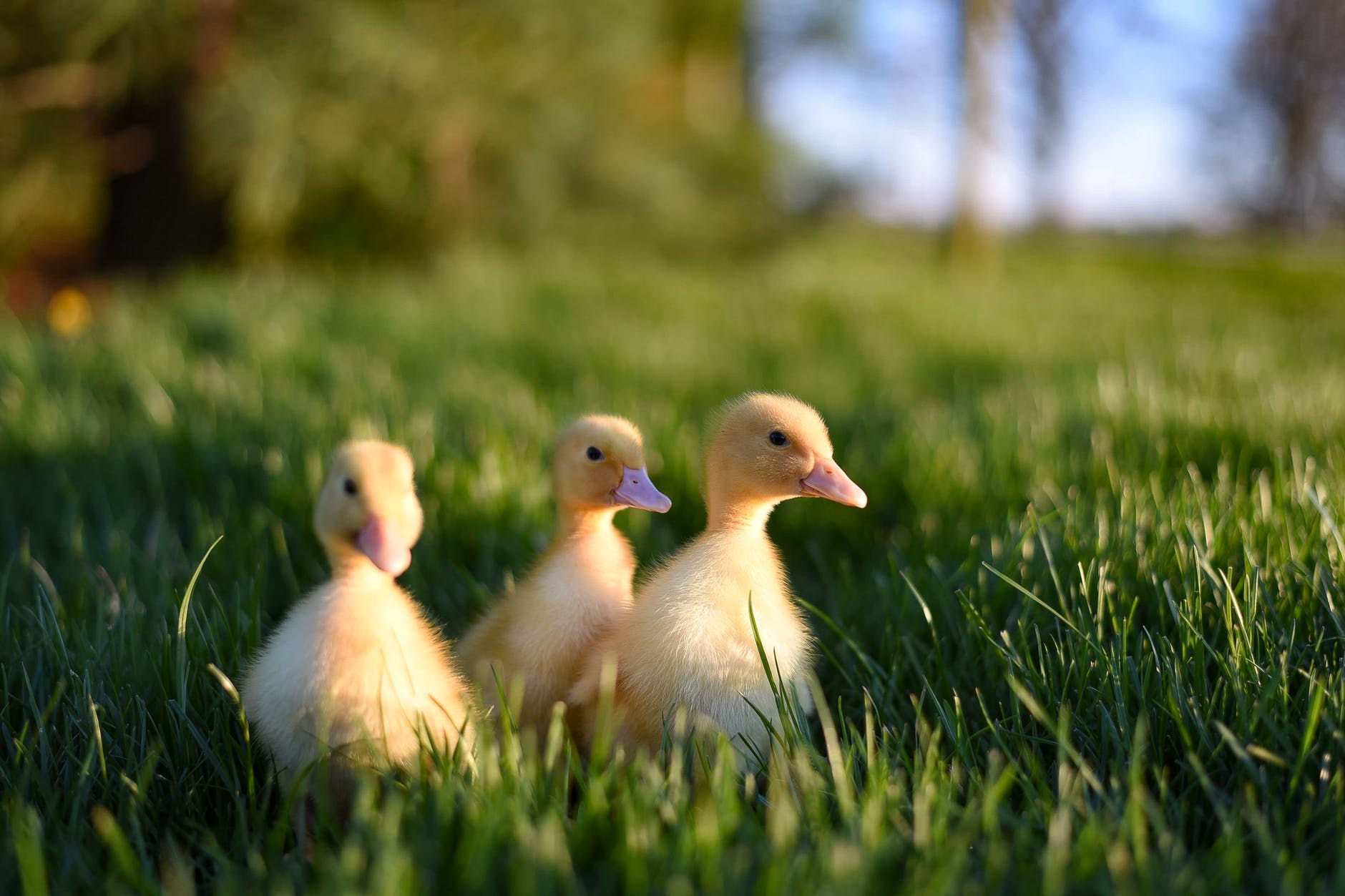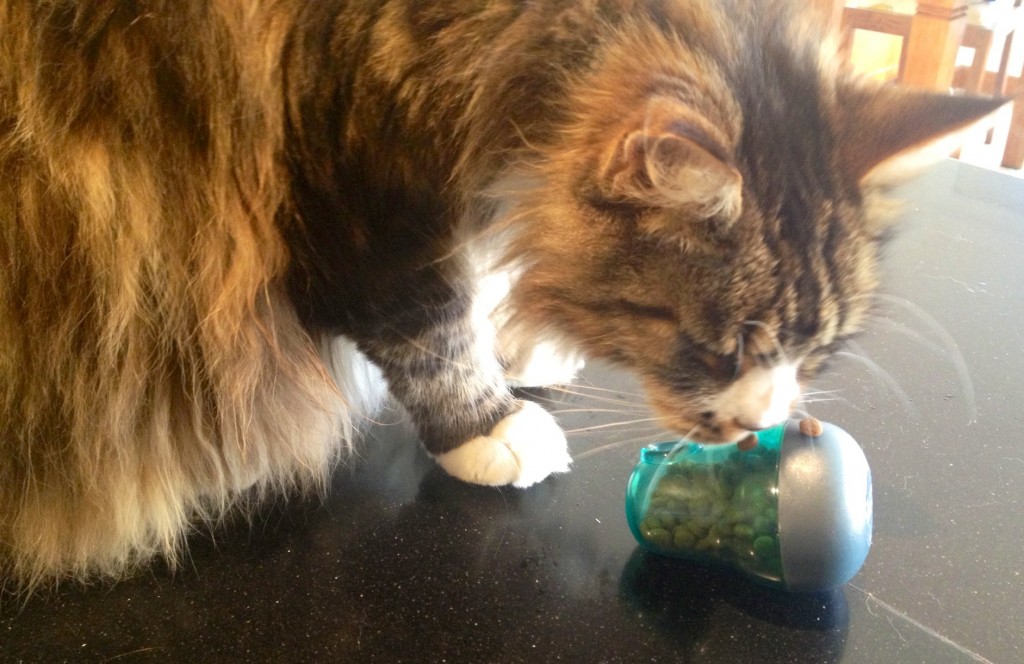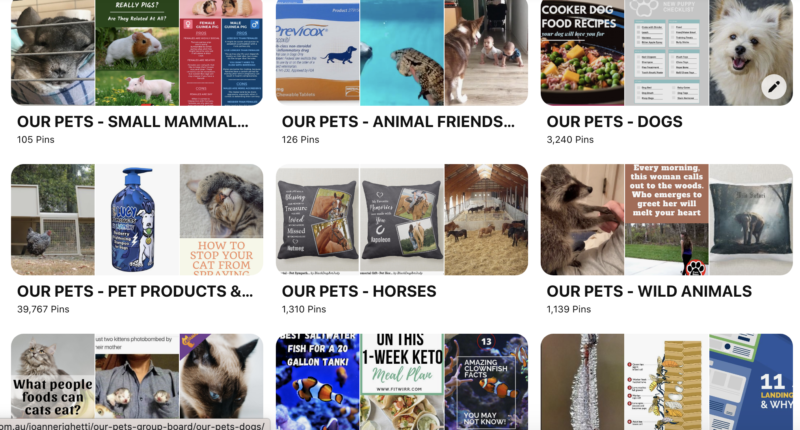Could your pet be bored? Enrich your pet’s life to prevent pet boredom
Pet boredom may be more common than we realise. Have you ever worried that your pet might be bored? Perhaps you are out at work for long days. Or you come back to a yard that has been dug up every day! Boredom can be a real issue for many animals…
A history of fighting boredom
In 1965 the UK Government commissioned a report into the welfare of intensively farmed animals. The resultant committee’s guidelines recommended that animals require the freedoms to ‘turn around, to groom themselves, to get up, to lie down and to stretch their limbs’. These have since been elaborated and are known as the Five Freedoms of animal welfare.
The Five Freedoms are:
1. Freedoms from thirst and hunger
2. Freedom from discomfort
3. Freedom from pain, injury and disease
4. Freedom to express normal behaviour
5. Freedom from fear and distress
Although initial concerned with farm animals, the five freedoms were also later applied to other animals in captivity. Many circuses, zoos and wildlife parks also adopted these basic rights of animals. The last group of animals that we have considered applying the five freedoms to, are our domestic pets.

The barren environments that many captive animals are kept, or were kept in the past, meant that it was difficult to satisfy some of these freedoms, perhaps especially that of the fourth freedom. When animals are deprived of the ability to satisfy their natural behaviours they often show stereotypies. These repetitive, functionless behaviours indicate compromised welfare of the animal. Typical ones we may see in captive animals include:
- Polar bears who pace up and down the windows of their enclosures (not good for zoo business!)
- Horses who weave, windsuck or bar bite
- Pigs who chew on one anothers tails
- Dogs who pace up and down the fence line of their yard or bark repeatedly when left alone.
Performing normal behaviour prevents pet boredom
These stereotype behaviours indicate that the animal is not able to perform the fourth freedom. The freedom to express normal behaviour is extremely important but, needs to be adapted to suit the species. For example, a lion’s normal behaviour would be to hunt antelope and, of course, this would not be ethically supported within a captive animal situation. To satisfy normal behaviour drives other forms of entertainment were introduced. Such “environmental enrichment” is now common in many captive animal settings.
One of the first captive animal “toys” was the Edinburgh Food Ball, a food releasing, foraging simulating device designed specifically for pigs. In animals who are food motivated the ability to hunt for food may satisfy many drives – the drive to hunt, to exercise, to use the mind. This treat ball was the precursor of the canine treat ball today.

Pet boredom
Our companion animals were domesticated for companionship but also to serve a purpose. Dogs helped us hunt, offered protection and kept us warm. Cats were bred to hunt vermin from our stored grain supplies. Nowadays most owners do not wish their pets to fulfil the roles they were originally bred for. The animals still have a drive to do these things. The inability to satisfy the demand leads to behaviours related to relieving boredom. These may include:
- Barking repeatedly for no apparent purpose
- Destructive behaviours such as digging and chewing
- Escaping and roaming the neighbourhood
- Sleeping excessively (cats)
- Excessive energy when the owner is present (demands to play, at tacking etc)
- Learned helplessness (when animals give up)
These behaviours are also often symptoms of other conditions such as stress. In owners who constantly provide attention to their pets when they are able, the pets often suffer separation anxiety when left alone.
In addition many pets are under-socialised when young or suffer fear and phobias of various environmental events such as thunderstorms. It could be concluded that pet owners are failing to satisfy both the fourth (freedom to express normal behaviour) and fifth (freedom from fear) of the five freedoms.
Environmental enrichment can ensure that pet boredom is not an issue. It can also reduce the stress of being alone or the many other behavioural problems that animals may exhibit. In addition, where pets develop a certain liking for objects of environmental enrichment, these can be used as a reward for good behaviour. Hence an animal who comes when called or who sits quietly when their owners are busy with guests, can receive a treat ball or a fun ball as a reinforcement for their desired behaviour.
Preventing pet boredom is often a matter of creative thinking – by the owners!
Prevent pet boredom and your own! Check out our Pinterest group board OUR PETS

More pet behaviour problems
- 10 Ways That Pets Embarrass Us
 Pets can be embarrassing. Meet ten examples of the most embarrassing pets.
Pets can be embarrassing. Meet ten examples of the most embarrassing pets. - 3 Games to play with your parrot…
 3 Games to play with your parrot Parrots can be a playful as cats and dogs and enjoy some parrot games. Here are some suggestions of
3 Games to play with your parrot Parrots can be a playful as cats and dogs and enjoy some parrot games. Here are some suggestions of - 4 Signs that your cat is a flirt?
 4 Signs that your cat is a flirt Is your cat a flirt? Do they try to get your attention any way they can? Cats are
4 Signs that your cat is a flirt Is your cat a flirt? Do they try to get your attention any way they can? Cats are - 5 Reasons why pets follow you around
 5 Reasons why pets follow you around We love our pets! But do they have to follow us everywhere?!Here are 5 reasons, from Pet Problems Solved, why
5 Reasons why pets follow you around We love our pets! But do they have to follow us everywhere?!Here are 5 reasons, from Pet Problems Solved, why - A wolf in sheep’s clothing: Should we dress dogs?
 Should we dress dogs? Do you dress your dog up? I spoke a couple of years back with the owner of a chain of pet stores
Should we dress dogs? Do you dress your dog up? I spoke a couple of years back with the owner of a chain of pet stores - Are puppy farm dogs stressed?
 Canine commercial breeding establishments may adopt dogs out to homes once their production levels deteriorate. How do these dogs cope? A new study has looked at this and Dr Jo comments…
Canine commercial breeding establishments may adopt dogs out to homes once their production levels deteriorate. How do these dogs cope? A new study has looked at this and Dr Jo comments… - Ask Dr Jo – Your Cat Q&As (With adorable Cats to watch!)
 Ask Dr Jo – Your Cat Q&As in the Fancy Feast Lounge Enjoy our cat videos, and get your feline questions answered, in my series of
Ask Dr Jo – Your Cat Q&As in the Fancy Feast Lounge Enjoy our cat videos, and get your feline questions answered, in my series of - Assessing shelter dog behaviour to determine adoption suitability: Meaningful or misleading?
 I have asked Dr Kate,a newly graduated PhD animal behaviourist, of Pets Behaving Badly, to tell us a little about her PhD findings. This will interest anyone
I have asked Dr Kate,a newly graduated PhD animal behaviourist, of Pets Behaving Badly, to tell us a little about her PhD findings. This will interest anyone - Australian attitudes to puppy farms
 Australian Attitudes to Puppy Farms An Animal Welfare League Poll shows community demand for tighter regulation of puppy farms… This post was written several years ago. Many
Australian Attitudes to Puppy Farms An Animal Welfare League Poll shows community demand for tighter regulation of puppy farms… This post was written several years ago. Many - Can patting your cat stress them?
 Can patting your cat stress them? Do you enjoy stroking your cat? Perhaps more importantly, does your cat enjoy it? Find out as Dr o explores new research on cats…
Can patting your cat stress them? Do you enjoy stroking your cat? Perhaps more importantly, does your cat enjoy it? Find out as Dr o explores new research on cats…
















2 comments